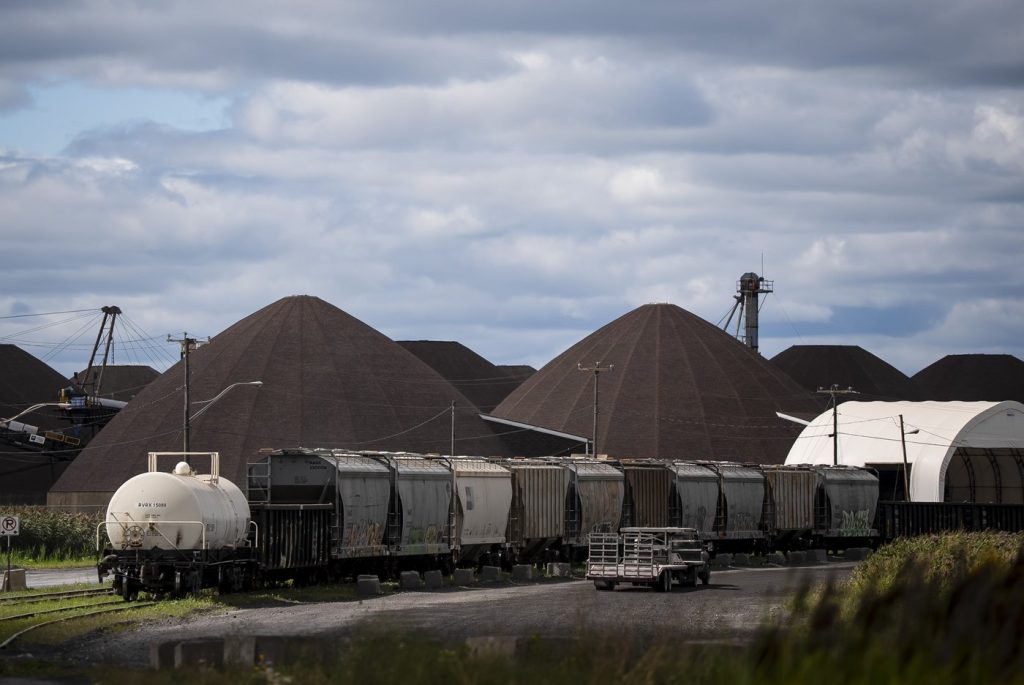OTTAWA – A new office aimed at expediting large industrial construction projects in Canada will be situated in Calgary. This initiative is part of the Liberal government's broader strategy to fast-track significant national projects through the approval process.
The project office will be led by Dawn Farrell, the former CEO of Trans Mountain. Her leadership is expected to drive the efficiency of project approvals, allowing for faster mobilization of industrial growth in Canada.
This initiative follows the passage of Bill C-5, which was rushed through Parliament in June. The legislation has drawn criticism from various Indigenous and environmental groups. These organizations express concern that the new law may reduce the rights of these communities to be consulted on projects and could lead to adverse environmental impacts.
In addition to criticism from advocacy groups, the Conservative Party has expressed disapproval of Prime Minister Mark Carney’s handling of the situation. They argue that despite the establishment of the new office, no tangible progress has been made towards actual construction projects. The Conservatives dismiss the office as merely adding further bureaucracy without delivering results.
During a recent trip abroad, Prime Minister Carney indicated that he would be making announcements regarding port infrastructure investments in the coming weeks. His statements suggest that the government is eager to advance infrastructure initiatives and address the criticisms it has faced regarding delays.
This report was initially published on August 29, 2025. The Canadian Press produced the report, highlighting the tensions surrounding new project approvals and the political landscape involving major stakeholders in Canada’s industrial sectors.
In summary, the creation of this unified office in Calgary represents an attempt by the Liberal government to streamline processes and stimulate economic growth through large construction projects. However, the initiative faces significant opposition from Indigenous and environmental advocates, as well as skepticism from the Conservative Party regarding its actual efficacy and impact on the ground.











